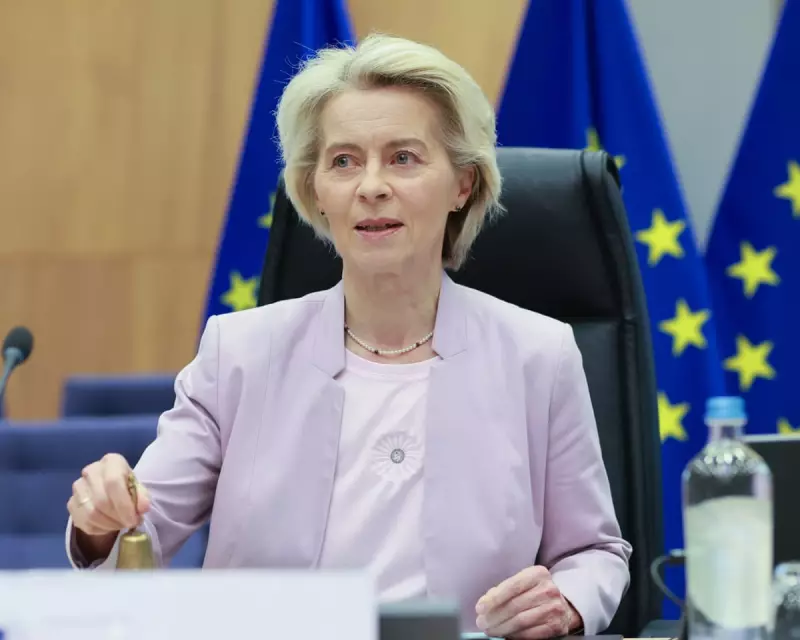
The European Union has dramatically escalated its economic war against the Kremlin, approving a powerful new package of sanctions squarely aimed at Russia's lucrative energy exports. This decisive move is designed to slash the multi-billion dollar revenue stream that finances Vladimir Putin's brutal invasion of Ukraine.
A Direct Blow to Russia's War Economy
Diplomatic sources within the EU confirm the new measures represent the bloc's most assertive action to date. The sanctions package specifically targets the Russian oil and gas industry, the lifeblood of the nation's economy and military budget. By constricting this vital income, European leaders hope to severely degrade Moscow's capacity to wage war over the long term.
Global Leaders React: A Show of Western Unity
The announcement comes amidst a flurry of high-stakes diplomatic activity. Ukrainian President Volodymyr Zelenskyy has been actively rallying international support, while Western allies work to present a unified front. The decision signals a continued commitment to supporting Ukraine, despite complex global pressures and the shifting political landscape, including recent statements from figures like Donald Trump and France's Emmanuel Macron.
What the New Sanctions Mean
The precise mechanisms of the sanctions are complex, but their intent is clear: to close loopholes, enforce stricter price caps, and ultimately make it exponentially more difficult and expensive for Russia to sell its energy resources on the global market. This represents a calculated risk for Europe, which has itself weathered an energy crisis, but underscores its prioritisation of security and stability over economic comfort.
Analysts suggest this could be a turning point, potentially forcing the Kremlin to confront the unsustainable financial cost of its military campaign as its primary source of revenue begins to dry up.






